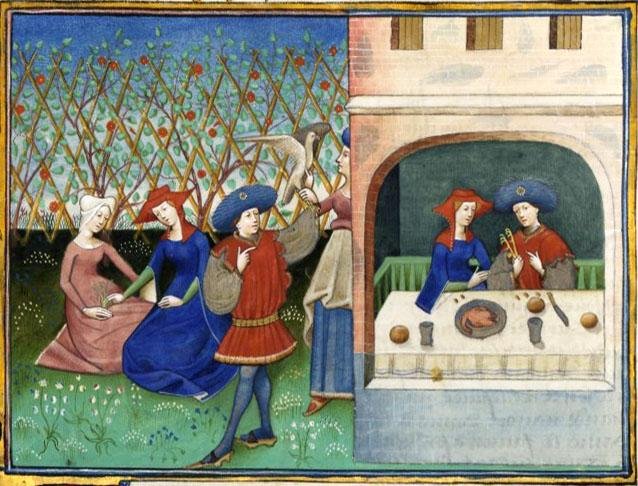Title: The favourite of Queen Anne's

Introduction
Unlike Boccaccio’s original, which centers on storytelling, Netflix’s adaptation focuses on character-driven drama. The ensemble cast includes Zosia Mamet as the cunning Pampinea, Saoirse-Monica Jackson as the anxious Misia, and Tanya Reynolds as the scheming Licisca. Their interactions, filled with secrets, power struggles, and romantic entanglements, unfold against the backdrop of impending doom. The series employs modern language and references, akin to The Favourite, to create a contemporary feel within a historical
The Favourite (2018) is a historical black comedy film directed by Yorgos Lanthimos. Set in early 18th-century England during the reign of Queen Anne, the film blends real historical figures with fictionalized drama.
Summary
Queen Anne, frail and emotionally volatile, rules England in name but relies heavily on her close confidante, Lady Sarah Churchill, who effectively governs the country through her influence over the queen. Their close, sometimes romantic, relationship is disrupted by the arrival of Abigail Hill, Sarah’s impoverished cousin.
Abigail uses her wit and charm to gain Queen Anne's favor, gradually displacing Sarah as the queen’s favorite. A fierce rivalry ensues, as both women vie for power, control, and the queen's affection. The film culminates in a dark, ironic conclusion, highlighting the corruption.
Here’s a deeper analysis of The Favourite that explores its themes, characters, and stylistic elements:
Analysis
At the core of the film is a power struggle—Lady Sarah and Abigail fight not just for Queen Anne’s affection but for political influence. Their manipulation of Anne reveals how power operates in personal, often invisible ways, especially in environments where traditional authority (like a monarch) is emotionally vulnerable.
Queen Anne is portrayed as both a figurehead and a deeply human character—lonely, unstable, and suffering from illness and grief. Her need for love and attention makes her susceptible to manipulation, showing how absolute power doesn't equate to emotional strength or autonomy.
Personal reaction
Watch The Favourite felt like stepping into a beautifully twisted world where power games are cloaked in lace, powdered wigs, and biting wit. What struck me most was how emotionally raw and human Queen Anne is portrayed—deeply flawed, needy, and tragic. It made me feel both sympathy and discomfort, as her vulnerability is manipulated by the very people who claim to care for her.
The rivalry between Sarah and Abigail was gripping. It was fascinating—and unsettling—to watch two women use affection, manipulation, and status to climb over one another in a court where power is limited and fleeting. Their ambition felt both relatable and disturbing.
The film’s ending left a lasting impression. It’s not a triumphant victory or a clear downfall, but rather a murky, painful realization that gaining power doesn’t always bring satisfaction. It made me reflect on how ambition and insecurity often go hand in hand—and how loneliness can twist even the strongest relationships.
Conclusion
The Favourite is less about historical accuracy and more about emotional power dynamics and the cost of ambition. It challenges the viewer to question who is truly in control—and whether that control is ever more than an illusion. It's a cynical, darkly comic portrait of love and politics where everyone is vulnerable, especially those who think they’ve won.
Here’s a personal reaction to
the story of The Favourite:







